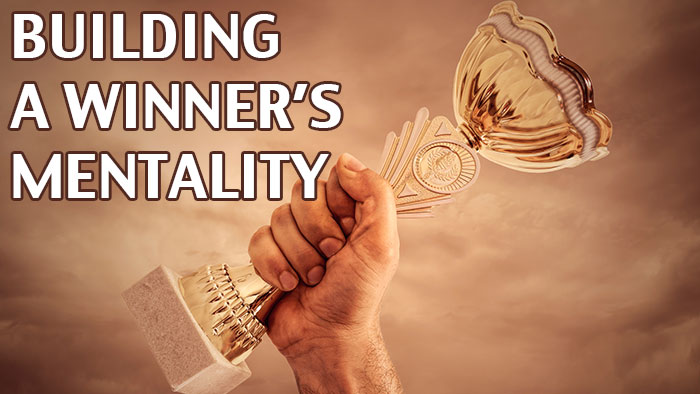
What are the differences between how a beneficial, robust mental
model works, versus how robust-yet-harmful mental models (like victim
mentality) or non-robust mental models yet clung-to models work?
I’ve been analyzing mental models a lot recently. In particular, how people can have extremely different, yet robust or at least unyielding mental models, and how each different kind of mental model produces different kinds of results.
For instance:
-
Victim mentality is actually an extremely robust mental model. Individuals who view themselves as victims – and such individuals are extremely common across societies, of every sex, race, age, and creed – continually find reason to view themselves as the recipients of misfortune, find justification for their models, and receive feedback from the world that reinforces rather than disabuses them of their models
-
Conversely, what I’d call winner, or success-driven, individuals also have extremely robust mental models. Individuals who view themselves as successes tend to be quite good at finding ways to pull victory out of defeat, at avoiding situations where they would suffer setbacks, and don’t spend much time dwelling on setbacks, other than from a problem-solving mentality. As a result, they spend little time in defeat and quickly dust themselves off even after most reasonably catastrophic failures
But it’s not just someone’s victim/winner orientation. It’s also the reliability of his predictions.
For instance, someone who sees himself as a victim has confidence in his mental model because his predictions are either correct, or he explains them away if they aren’t. He sees a pretty girl and says, “Well, she’ll reject me, of course,” and if he approaches and she does reject him, he says, “See? I knew it. Women always reject me.” If instead she’s friendly, he’ll be inclined to explain it away: “She must’ve been drunk” or “She doesn’t really like me... she was probably just being polite.”
Both victims and winners make predictions and their predictions
either come true, or they attempt to explain to themselves (and others)
why in this case the prediction failed, yet the failure does not
violate their mental model overall. This makes these models robust.
Obviously, if they receive enough feedback to crash the model, they’ll be forced to reassess. But most people adopt models that seem to justify their experiences, and avoid experiences that may invalidate their models.
However, prediction is only the surface here – largely because it doesn’t give us a way to qualify the differences between different mental models (like victim and winner mentalities). So we need to add two more pieces.
I propose any robust, success-oriented mental model is comprised of three (3) bits:
- Predictive accuracy,
- Confidence in the model, and
- Harmonious choices and outcomes









SHOW COMMENTS (13)